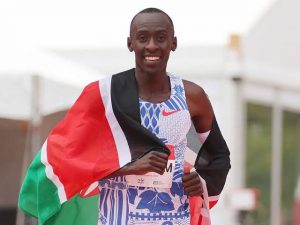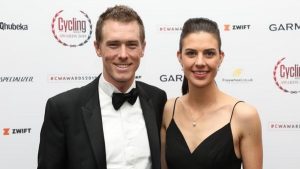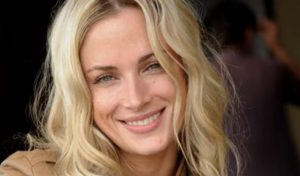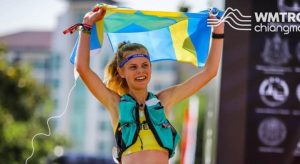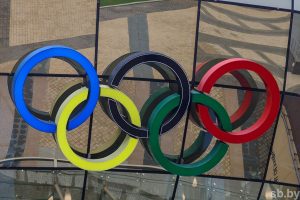Javelin thrower Neeraj Chopra has won the first gold medal for India in athletics at the Olympics, and with this feat became the second athlete after shooter Abhinav Bindra to win an individual Olympic gold.
Neeraj Chopra has not just won for India and himself, but his win has realised the dream of two legendary athletes who came close to winning but couldn’t win the medal for their country.
Sprinter Milkha Singh, who died in June this year, had on several occasions said that he regrets not winning a medal for his country in athletics, and always wished for one.
Soon after Neeraj Chopra’s historic win, Union Minister Kiren Rijijiu tweeted, “History has been made, Milkha Singh Ji’s wish is fulfilled as India wins first ever Olympic medal in Athletics.”
Milkha Singh, known as the Flying Sikh, at the 1960 Olympics games in Rome, missed out on a bronze by the narrowest of margins.
Competing in the 400 metres final and touted as a medal contender, he fell short by a mere 1/10th of a second after slowing down to see his fellow competitors, an error that he regretted the rest of his life. This affected the legend so much that he almost gave up the sport. But he again hit the track and won two gold medals in the 1962 Asian Games.
Celebrating the “golden moment”, another legend PT Usha tweeted, “Thank you my son”.
For the sprinter, it was a close call in the 1984 Olympics. Pilavullakandi Thekkeparambil Usha, or PT Usha is best known for her incredible run at the 1984 Los Angeles Olympic Games. She missed out on an Olympic medal by a mere 1/100th of a second.
Neeraj Chopra had come into the final as one of the favourites to win a medal after topping the qualification chart.
Starting off with a throw of 87.03, Chopra took the lead in the first round. His second attempt possibly sealed his position with an 87.58 m throw. His third throw was 76.79. Though his fourth and fifth attempts were foul throws, he still maintained the lead. The 23-year-old registered a best attempt of 87.58m to finish ahead of Czech Republic duo Jakub Vadlejch and Vitezslav Vesely.

